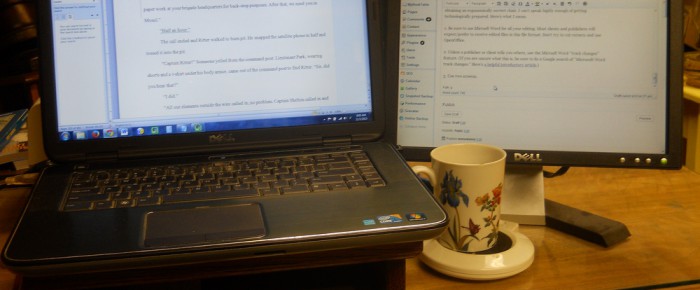How Can I Be an Editor Too? Part 6

See Part 1, Part 2, Part 3, Part 4, and Part 5. In previous posts I discussed various aspects of what is required to work from home as a freelance editor. In this post I discuss the nuts and bolts of what actual editing looks like (at least for me) with a focus on some of the tools and technology I use. Tools and Technology So let’s say that you’ve got a degree in communications—maybe even a BA in English—and you’re great at spotting typos. Are you ready to start editing? Maybe. But I recommend you become equipped with a few essential tools first. Even though I had fourteen years of experience editing with two different companies, I wasn’t quite prepared when I made the leap from editing all sorts of stuff to book editing in particular. I knew how to spot typos and fix grammatical problems, but that’s only part of what…
Read more